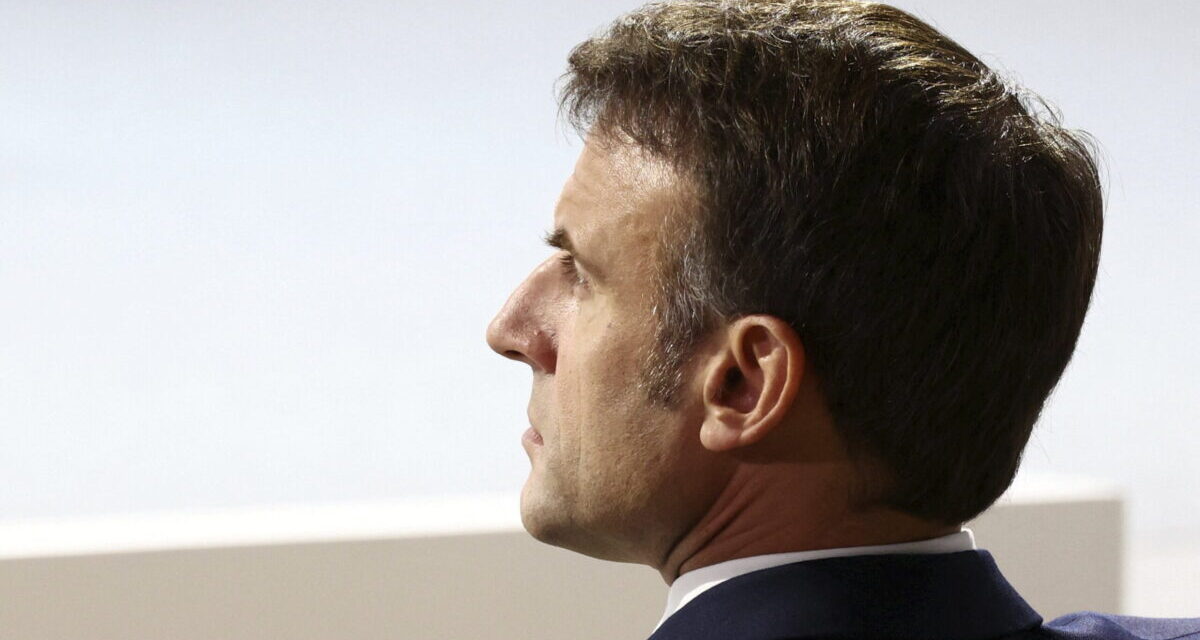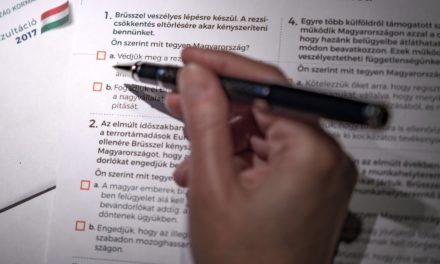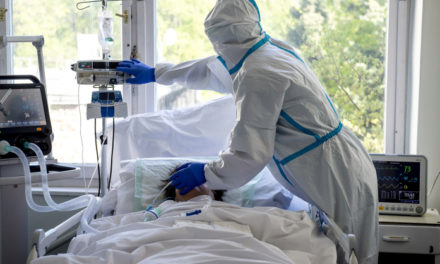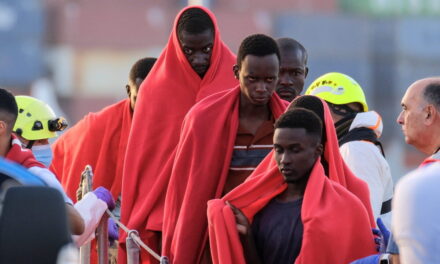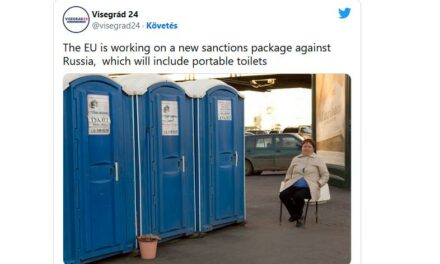They announce one after another that they will not send soldiers to Ukraine.
Although there is no consensus on sending troops to Ukraine, the possibility cannot be ruled out - the French president spoke about this in Paris after he discussed the support for Ukraine with the leaders of 20 countries.
The declaration stirred up a lot of dust: European leaders have announced one after another that they do not plan to send combat units to Ukraine. In addition to Hungary, Germany, Sweden, Slovakia, Spain, Italy, the United Kingdom, Poland and the Czech Republic have so far rejected the proposal.
Over the weekend, the Ukrainian authorities evacuated more than seventy children from settlements located in the immediate vicinity of the front line, in the Ukrainian-controlled area of Donetsk county. The police detachment called "white angels" temporarily places the children in settlements further away from the fighting.
In the meantime, units of the Ukrainian army are building new defense lines on several sections of the front line. Due to the delay in foreign arms shipments, they have to save on ammunition, so they temporarily organize themselves for defense. The shortage of ammunition would be alleviated by the initiative of the Czech Republic, in the framework of which they would buy artillery ammunition for Ukraine,
and which has already been joined by 15 countries, including the Netherlands and Poland. Among other things, this was also discussed in Paris on Monday, where the leaders of more than 20 countries discussed the support to be provided to Ukraine.
After the meeting, the host French president stated that Paris maintains "strategic uncertainty", i.e. it cannot rule out the possibility of sending soldiers to Ukraine in the future.
"We talked about everything in an informal and direct tone. There was no agreement to officially send troops to Ukraine. But in terms of its process, nothing should be ruled out. We will do everything to ensure that Russia does not win this war"
Emmanuel Macron said.
If Western countries were to send combat units to Ukraine, it would lead to a direct military confrontation between Russia and NATO
- this is how the spokesman of the Kremlin reacted to what was said.
"In this case, we no longer have to talk about probability, but about inevitability. This is how we will evaluate it. And the countries involved should do the same. They must be aware of their responsibilities and think about whether this is in their real interest"
Dmitry Peskov stressed.
After the French president's statement, the leaders of several European NATO member states hastened to announce that they did not plan to send soldiers to the war.
"We discussed various forms of support, and during a great discussion we confirmed that what we had already agreed on remains valid: that is, European or NATO countries will not send ground units to Ukrainian territory"
German Chancellor Olaf Scholz declared.
"We don't agree with that, we think we should focus more on speeding up the delivery of munitions, that's what's urgent"
- announced the Spanish government spokesman.
"NATO allies provide all necessary support to Ukraine, but they do not plan to send combat units to the front in any form"
- stated the Secretary General of the Alliance, Jens Stoltenberg.
Ursula von der Leyen stated at the debate on "Strengthening European security and defense" at the plenary session of the European Parliament: the armed forces of the EU member states must be rebuilt, strengthened and modernized as a matter of urgency.
He emphasized that Europe should strive to develop and manufacture the next generation of operational capabilities. It must secure the sufficient amount of assets and technological superiority that it may need in the future and strengthen European defense industrial capacity over the next five years, he said.
Emmanuel Macron's statement also made waves in French domestic politics.
While the opposition parties fiercely criticized the president, the foreign minister clarified what was said in the National Assembly. According to him, the president was thinking of support operations such as demining or cyber defense, so the presence of soldiers would not mean concrete warfare.
Featured image: French President Emmanuel Macron at the opening of the sixth Paris Peace Forum in the French capital on November 10, 2023. Politicians participating in the Paris Peace Forum are looking for solutions to global challenges. MTI/AP/RTR Pool/Stephanie Lecocq

